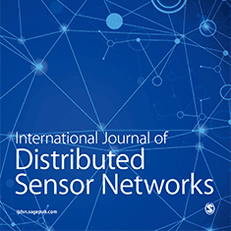In this study, we propose a contribution-level-based opportunistic flooding for multihop wireless networks. Traditional flooding techniques typically use fixed routing and predetermined relay nodes based on the assumption of fixed and reliable links. However, because of the inherent instability of wireless links, these approaches typically lead to fragile and unreliable broadcasting. To overcome this problem, we adopt an opportunistic routing where the relay node is determined by the transmission result. In addition, we introduce a new criterion: a contribution level defined as packet infectiousness, and it represents the transmission priority. Namely, contribution level implies the degree of contagiosity determined by the distribution of uninfected entities. It also falls with an increase in the number of infected entities. Thus, the contribution level of a node is initially determined by the number of neighbors and distances to the neighbors. Once a node receives a packet, it waits a certain amount of time according to the initial priority. The node changes its own contribution level when it overhears a packet while waiting. If the contribution level reaches near zero, it discards the received packet such that unnecessary duplicates are removed. Consequently, higher reliability and efficiency can be achieved.
Authors: Seunggyu Byeon, Sejin Park, Hyungyun Seo, Jongdeok Kim
Journal: International Journal of Distributed Sensors Networks
Publisher: SAGE Journals
DB: SCIE
Impact Factor: 1.787 (in 2017)
Publish Date: 2018. 5. 30

Comments ( 0 )